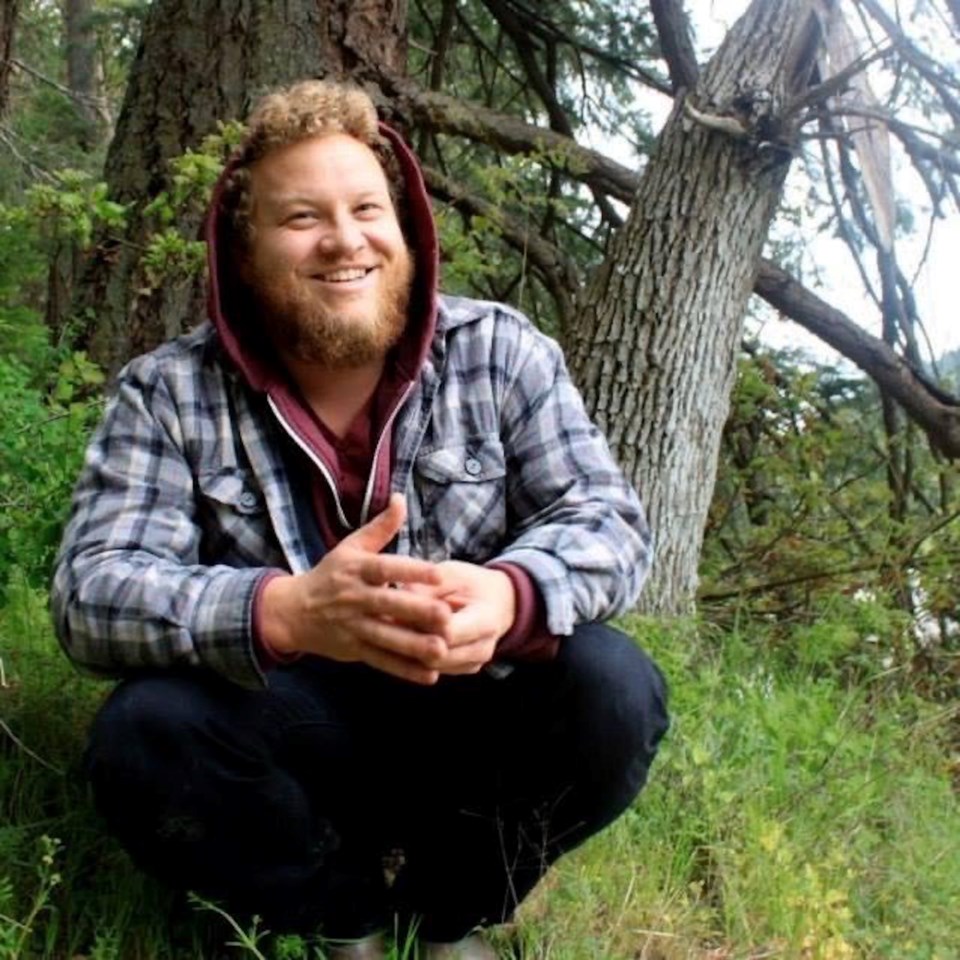It’s kind of like riding a roller coaster without your consent.
Anyone living with manic bipolar disorder long enough will be able to list the warning symptoms that your mind is about to go on a rampage: loss of sleep, a slowly building energy that manifests itself in tapping feet and twitching ears, and a sudden volatility to your emotions that threatens to tip you into chaos at any moment. Impulse control disappears, your perspective narrows, and pretty soon the dancing world of your headspace is alive with electric magic.
Mania is seductive, and even the most hardened veteran of mental health crises can find themselves lured into its clutches. At first it seems like you’re just hyper-competent, but things sour pretty quickly. Pretty soon, you’re experiencing psychotic delusions, earnestly believing grandiose things that aren’t true — like you’re secretly famous — and then you realize that you can’t sleep properly, or read more than one page of a book without getting bored. Meds help, but still you’re caught in a vibrating chaos in which the past and the future no longer exist, only the present.
This is where the roller coaster analogy comes in, because the higher you ascend during your manic phase, the lower you’re going to crash once the depression side of things kicks in. Typically, this is the sober side of things, where you can gain enough perspective to be horrified by how you’ve behaved. At times it feels like being held responsible for somebody else’s actions, because the character that emerges during a manic state is essentially a split personality — it wasn’t really you that did all those things, it was just some lunatic who hijacked your brain!
I first learned about bipolar disorder when I read by Miriam Toews, in which she writes from the perspective of her deceased father. That’s how I learned about the typical cycle people with this issue go through, swinging from elation to defeated hopelessness and back again. Sometimes this cycle takes days, other times months. There’s no way to guess ahead of time when your mind will let you go, and no way to skip each stage once it’s begun. It wasn’t lost on me that Toews’ father ultimately committed suicide by walking in front of a train, desperate to put an end to the torture.
My own journey with manic bipolar disorder began in 2018, following a series of events that were inexplicable at the time. After losing my job, I became increasingly erratic as I painted in my living room and posted incendiary screeds on Facebook, revelling in the furious controversy that I was whipping up. I drove around town chain-smoking in my slippers (I don’t smoke unless I’m manic), showed up at the police department demanding to talk to the chief, and spent my time conversing with dead people.
I’ve come a long way since then, mostly by making the same mistakes repeatedly and attempting to learn from them.
During my second and third psych ward stays in 2019 and 2021, I became convinced that someone was communicating with me through the television. All the movies and TV shows being shown had been altered somehow to send me direct messages and share insights about my life. I fell for this trick on two separate occasions, after promising myself that I wouldn’t let my mind be fooled again — it had gotten craftier, more sophisticated, at telling its lies.
When I told my doctor how I felt, he reminded me that self-flagellation isn’t a worthwhile therapeutic mode.
“It’s about humility, not humiliation,” he said.
By this July, I was feeling pretty confident. I’d found a sustainable level for my meds, I was doing a better job of navigating my emotions, and it had been 18 months since my last hospital stay. After discussing it with a friend, I made the decision to begin weaning off lithium — a terrible decision, based on the fact I was living in a strange environment — and pretty soon, I wasn’t sleeping again. From that point, it was only a matter of time.
One day I was luxuriating on a riverside property, and the next, I was barefoot and pacing in the psych ward, surrounded by people in pyjamas.
I was furious and disappointed with myself, because I was supposed to be launching and promoting a book, not screaming frustrated at the hospital intercom while they held me in isolation. My emotions careened wildly, so I’d go from sobbing despondently about my sister’s death to monologuing passionately to my Mom within a few minutes.
These days I’m back with my family. Like everyone, I have personal baggage to work through — including addressing any harm I caused during my episode — but I’ve learned to leave behind any feelings of guilt or embarrassment.
Would you feel guilty or embarrassed for breaking your leg? I’m well aware that my condition could’ve killed me by now, so I choose to feel gratitude for the legion of nurses, doctors, and family members who’ve intervened.
Without them, I wouldn’t be here.
Will Johnson is a journalist, dad and husband.


.jpg;w=120;h=80;mode=crop)

